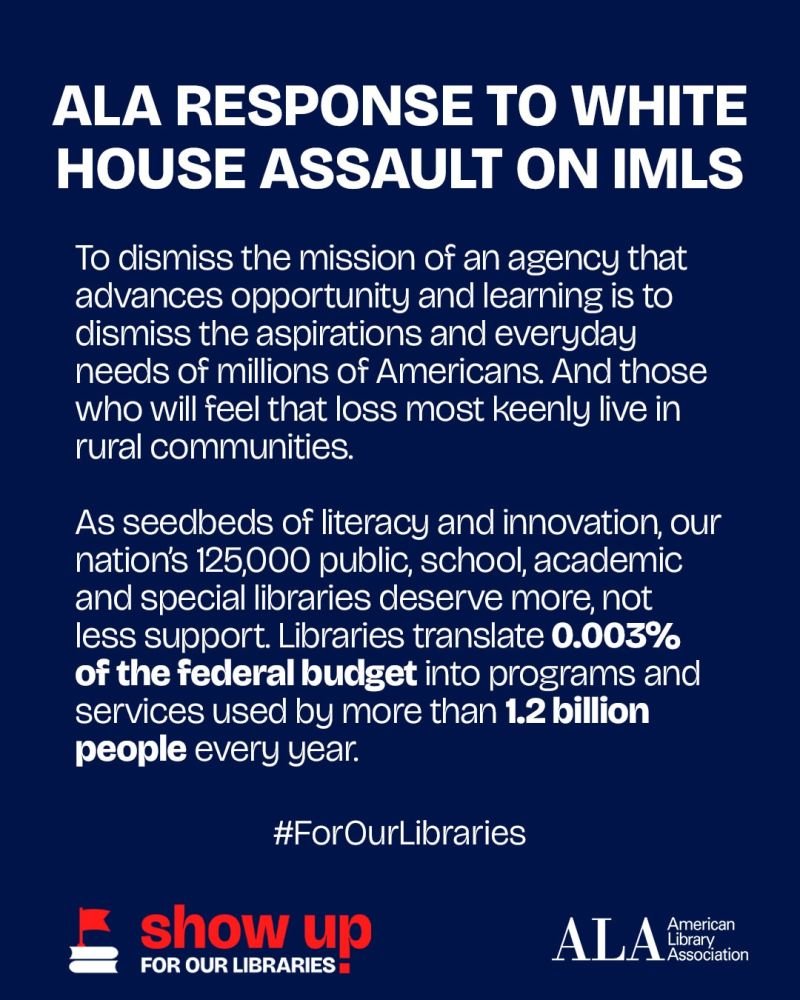It's not about efficiency: Some thoughts on the CONTINUING THE REDUCTION OF THE FEDERAL BUREAUCRACY order and library advocacy
The Trump administration and Conservatives do not have a problem with bureaucracy or spending; their issue is more likely the turn it has taken, the “direction of the apparatus.” Social scientists have understood this set-up for the past century, that there is no way out of the bureaucratic web made up of financialization of every aspect of daily life, backed up by the “threat of force.”
No matter who is in charge of the system, it is always geared towards “rationalization,” and intended to create efficiency, calculability and predictability. Bureaucracy depends also on “control through non-human technologies,” as identified by George Ritzer, in his theory of “McDonaldization.” Besides efficiency, these technological controls are intended to create impersonal systems. Of course, bureaucracy is always accompanied by unintended absurdities. This is in part what makes it “Bureaucracy” such an easy whipping boy, as depicted in movies and literature.
Yet, despite any efforts to the contrary, bureaucracy can only help but grow. David Graeber called it “the water in which we swim," and wanted to draw attention to the “Iron Law of Liberalism,” which states that any effort to cut bureaucracy will result in more bureaucracy. This is what makes the narrative around “government efficiency” so frustrating.
Instead of believing what they say about wanting to cut waste and create more efficiency, a sociological and geopolitical perspective shows the struggle for resources, between human rights and critical infrastructure, on the one hand, versus the military and prison industrial complexes that protect private property, on the other. Library and Information Science should consider these relationships, such that it holds import to our own advocacy efforts. The Trump administration cut the Institute of Museum and Library Services this past weekend (IMLS), under this premise of eliminating waste. Yet their initiatives are creating more bureaucracy, such that communities that lack services like high-speed internet, public places, and literacy programs will see an increase in unemployment, loneliness, crime, and incarceration. These all necessitate other forms of bureaucracy—and opportunities for economic gains among disaster capitalism. Libraries need to be clear about the value that we deliver to our communities: we are good for local economies, we help people stay well, and we build community.
Be sure to tell your representatives that you value libraries and why, and “Show up for our libraries” with ALA.
“By eliminating the only federal agency dedicated to funding library services, the Trump administration’s executive order is cutting off at the knees the most beloved and trusted of American institutions and the staff and services they offer . . .”
https://www.ala.org/news/2025/03/ala-statement-white-house-assault-institute-museum-and-library-servicesALA Statement on Whitehouse Assault on the Institute of Museum and Library Services

